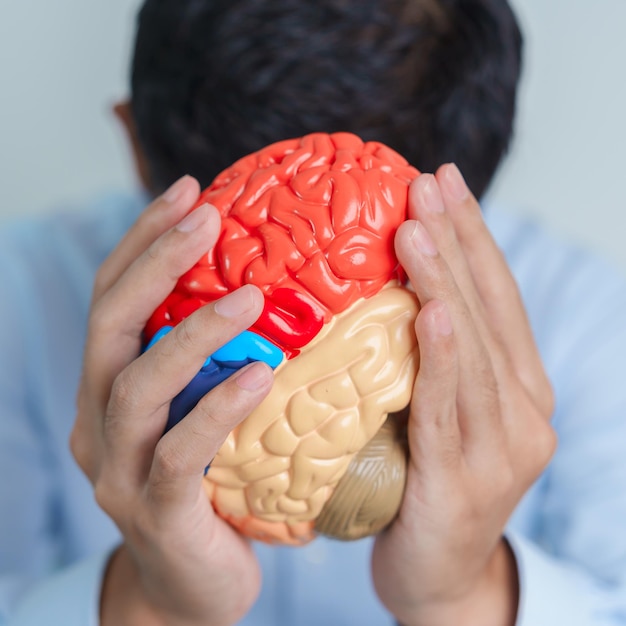Anticipatory anxiety is a psychological condition where people fear facing situations they perceive as risky or very unpleasant, often due to past distressing experiences. This condition leads to avoidance behaviors in those affected. This article aims to explain anticipatory anxiety, its triggers, and its effects on daily life.
Anticipatory anxiety involves feelings of unease, distress, and fear about future events or situations viewed as threatening or highly unpleasant. This kind of anxiety can greatly affect a person鈥檚 everyday life. For instance, someone with social anxiety might avoid tasks that require interacting with large groups, while individuals with panic disorder or agoraphobia might steer clear of traveling or business trips. As a result, anticipatory anxiety can restrict a person鈥檚 activities, opportunities, and overall quality of life.
Anticipatory anxiety may have different triggers, both physical and psychological. People with panic disorder often experience it because of their sudden and intense fear episodes. Those with generalized anxiety disorder (GAD) feel persistent and excessive worry about various topics, leading to this form of anxiety. Individuals with phobic disorders also deal with anticipatory anxiety when they think about the feared object, situation, or activity.
Several mental health conditions can cause anticipatory anxiety. One example is Avoidant Personality Disorder (APD), which involves social inhibition, feelings of inadequacy, and sensitivity to negative feedback.
Managing anticipatory anxiety can be done through various treatment strategies that often combine psychological and pharmacological methods. This includes Cognitive-Behavioral Therapy (CBT), mindfulness and relaxation techniques, lifestyle changes, and medication.
In conclusion, anticipatory anxiety can profoundly affect a person鈥檚 life by limiting their actions and causing distress. Recognizing the signs and seeking appropriate help is essential for managing this condition.







